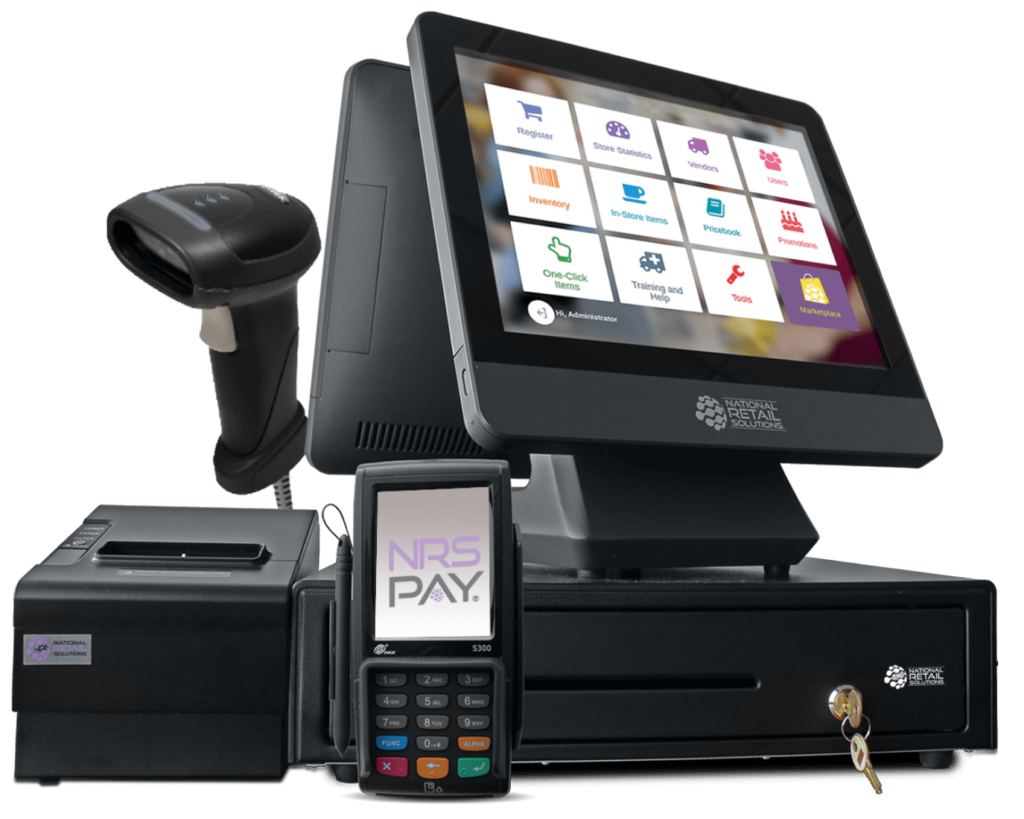In today's dynamic commercial landscape, equipping yourself with the appropriate tools can make a substantial change in your prosperity. One of the top vital instruments for retail and hospitality businesses is a Point-of-Sale (POS) system. Grasping what a POS system is and how it works is crucial for any company owner looking to enhance effectiveness and improve consumer experience. From conventional tills to modern cloud-computing solutions, the evolution of POS technology has changed how businesses manage payments, supplies, and customer relationships.
Tailoring your POS solution to suit your individual needs can open up a host of gains. Whether you operate a thriving dining establishment, a retail shop, or an online business, tailoring your POS platform can lead to enhanced efficiency, streamlined processes, and in the end a more enjoyable experience for your users. In this manual, we will examine the many elements of POS solutions, including their capabilities, positive aspects, and how to pick the most suitable solution for your individual business demands.
Understanding POS Solutions
A Point of Sale system, commonly referred to as a POS system, is a key element for every company that conducts sales transactions. At its core, a Point of Sale system is the place where a customer finalizes their purchase, integrating physical devices and software to facilitate processes like sales tracking, inventory management, and CRM. Contemporary POS systems go further than mere processing transactions, offering important insights and resources that assist businesses function significantly effectively.
The evolution of POS systems has been remarkable, shifting from traditional till systems to advanced, online systems. This modernization allows companies to access real-time data and statistics from any place, making it easier to manage transactions, stock, and client data. The transition to mobile and tablet POS systems has also allowed stores and eateries to offer more rapid assistance and better client interactions, boosting both quickness and ease in the sales process.
Understanding how to pick and customize a POS system based on distinct business needs is essential for prosperity. Elements such as industry requirements, client relations, and compatibility with existing software play a critical part in choosing the right system. For example, a boutique may prioritize inventory management features, while a diner might prioritize on table management and order management. By matching a POS system with your business objectives, you can create a personalized solution that improves day-to-day functions and facilitates ongoing expansion.
Choosing the Right POS Solution
Selecting the best POS solution for your business is crucial for operations and customer satisfaction. Begin by assessing the specific needs of your business, considering factors like size, industry, and customer interactions. For example, a restaurant may require advanced features like table logistics and menu customization, while a shop might focus on inventory tracking and CRM tools. Grasping these distinct needs will guide you in assessing different solutions available in the industry.
As soon as you have a solid grasp of your needs, it's important to investigate and contrast different POS solutions. Look for niche solutions that suit your company category, for example commerce or service. Review customer reviews and case studies, and consider implementation feedback provided by similar companies like yours. This will provide insights into the solution's efficacy and reliability, thereby helping in arriving at a well-informed decision.
Finally, assess the flexibility and adaptability of the POS solution. As your company expands and develops, your POS system should readily adjust to new demands, whether that's accommodating more clients, integrating with e-commerce sites, or offering sophisticated analytics. Ensure that the vendor provides ongoing assistance and updates to keep your solution stays secure and efficient. A robust and adaptable POS system will not only streamline existing processes but also pave the way for future growth opportunities.
Ensuring Safety and Regulatory Adherence
In the current digital landscape, guaranteeing the protection of your POS system is essential for protecting sensitive customer data and maintaining the confidence of your clientele. Adopting check my reference as data encryption, regular software updates, and secure user authentication processes is essential. These practices help protect against likely breaches that could reveal personal information and transaction details. It is also important to conduct regular security audits to find any vulnerabilities in your system.
Adherence with industry standards is just as important. The Payment Card Industry Data Security Standard (PCI DSS) outlines essential security measures that businesses must follow when managing credit card transactions. Familiarizing yourself with these rules and ensuring your POS system adheres to them can protect your business from large fines and reputational damage. Regular training for your employees on compliance protocols is a proactive step that enhances your overall security posture.
Additionally, integrating cutting-edge security features like EMV chip technology can bolster transaction security, significantly reducing the risk of fraud. By keeping up about the evolving landscape of security threats and compliance requirements, you will position your business to respond effectively and uphold a secure operational environment. Ensuring your POS system is safe and adherent not only safeguards your assets but also enhances your customer experience and trust.

